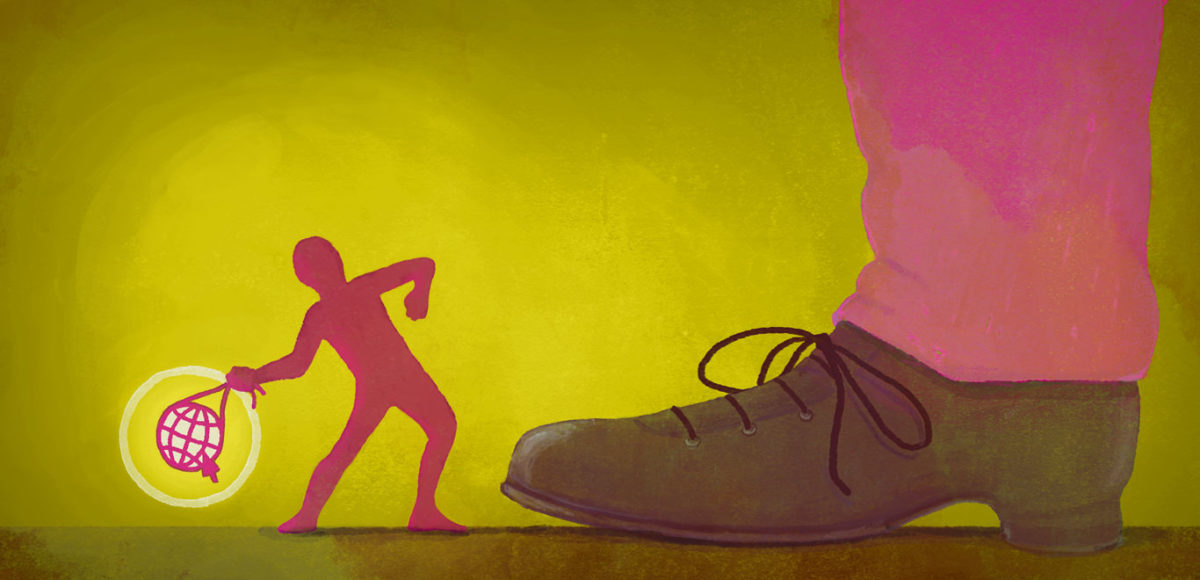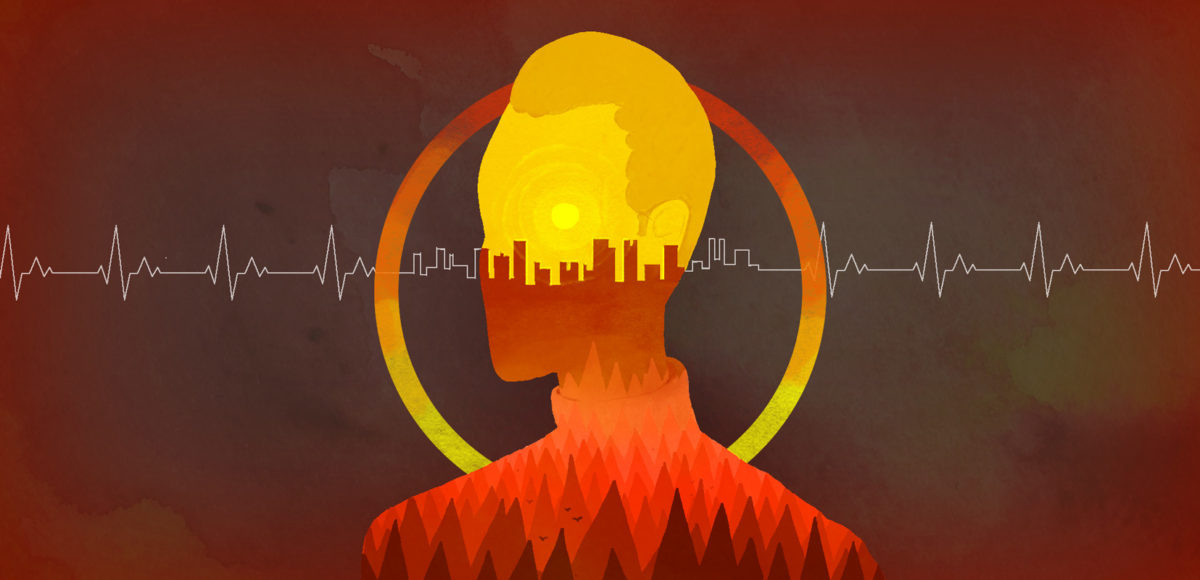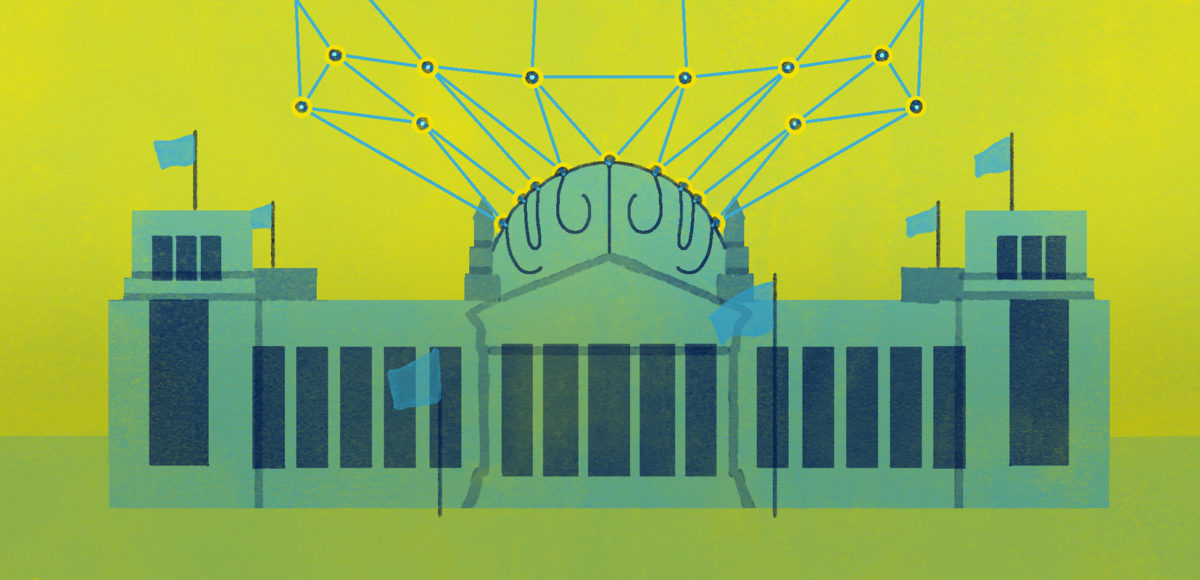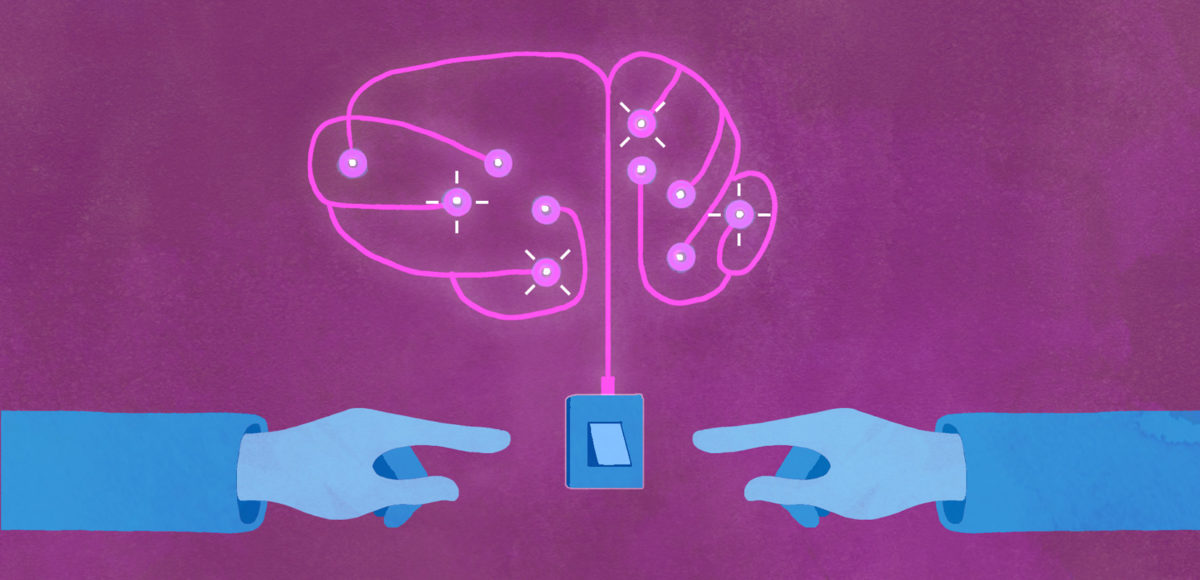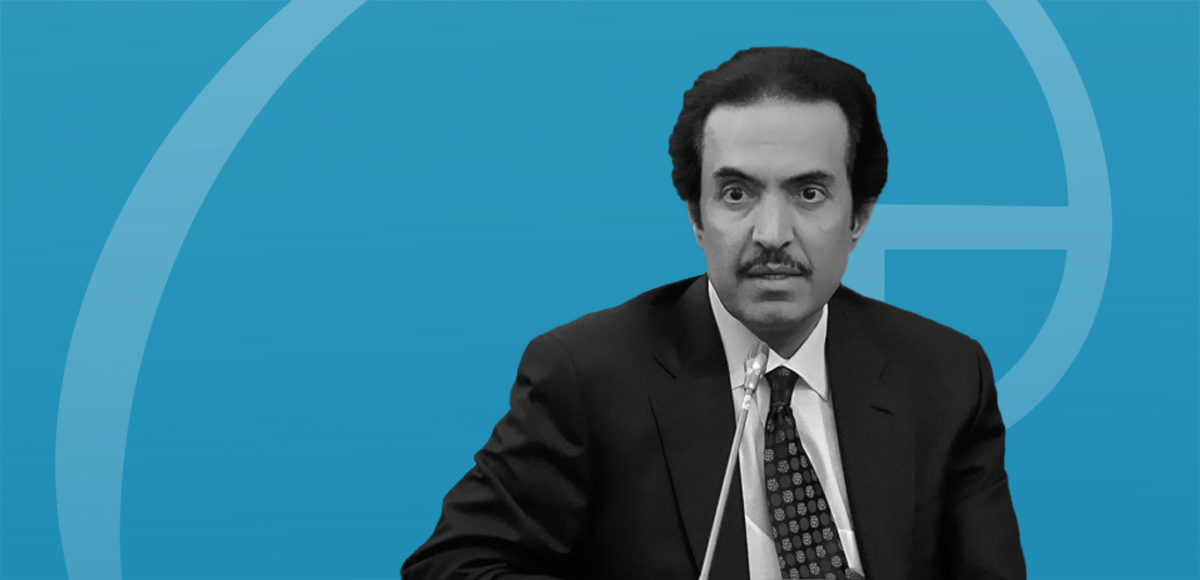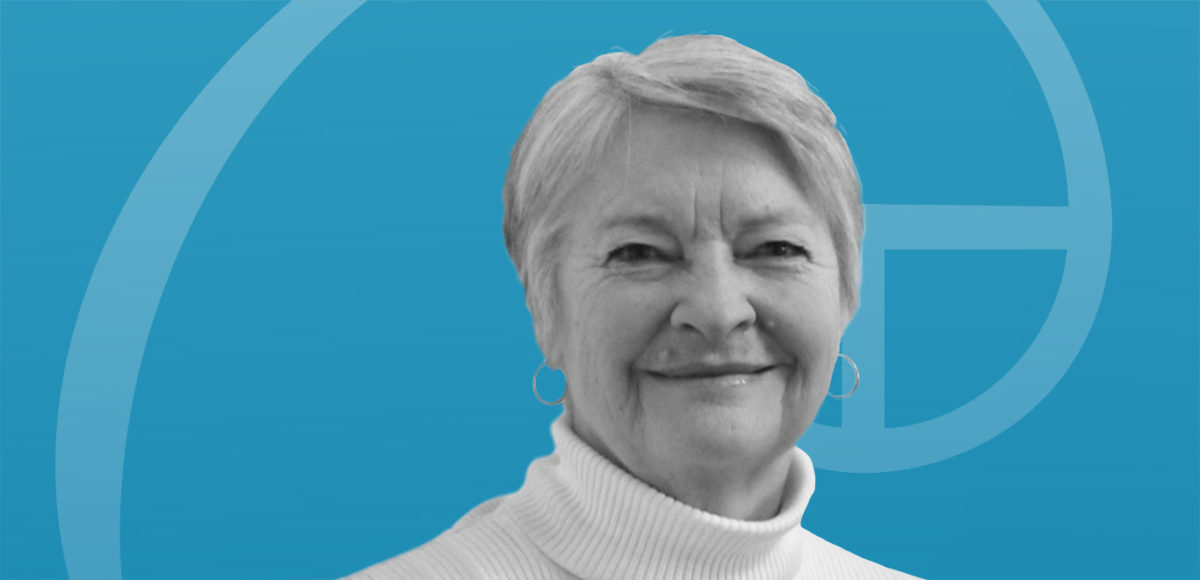by Paul Ostwald
The idea of power is notoriously elusive. As far back as 1975, political scientist Robert Gilpin noted that “the number an array of definitions should be an embarrassment to political scientists”. Which, in fact, didn’t stop him from adding a few more over the course of the last forty years before until his death last year. One definition that has stood the test of time and is having a renaissance is Francis Bacon’s equation of power and knowledge. Michel Foucault tweaked and expanded it a bit. For him, power is not only in the processing of information but the expression of it, too. It’s in how we frame discussions, whom we include in them and what the words do with those hearing or reading them. Power, then, is in the possession, processing and expression of information.
If we accept that definition, it would only be a slight exaggeration to say that former centers of power are becoming dilapidated. Newspapers that once reached millions are frantically switching to new business models, while “Newspaper Death Watch” tracks the fallen heroes of liberal democracy. The power that these papers possessed is based on information: it’s the power to frame discussions, spin narratives of the world and decide what is worth disseminating and what is not. Whoever wields that power sits close to the heart of democracy. “Technology is not only transforming democracy, it is rapidly outpacing it”, Carl Miller concludes in The Death of the Gods.
Power hasn’t disappeared, though. New players now wield it. Luciano Floridi has started describing the world as an infosphere, in which information structures our reality. Data makes up the air that our devices breathe and our minds – still more biological than artificial – process. Data about what’s happening around us, data on who we’re interacting with, data on who we are ourselves. As Eric Schmidt, Google’s CEO said, “we don’t need you to type at all. We know where you are. We know where you’ve been. We can more or less know what you’re thinking about.” He said that almost ten years ago when he stopped publicly bragging about Google’s scary capacities.
It’s no news that the data is owned by a handful of companies, which are in turn owned by a handful of individuals. Mark Zuckerberg owns 51% of Facebook, Larry Page and Sergey Brin together hold 51% of Alphabet, Jeff Bezos still holds around 15% of Amazon (depending on the final agreement with MacKenzie Bezos). The power is concentrated, geographically in the Silicon Valley and demographically in the hands of white, middle-aged men. One thing that hasn’t changed, after all.
The last time power was this concentrated was probably in the early 20th century when Rockefeller’s Standard Oil and Carnegie Steel were as essential to the oil economy as Google, Facebook, and Amazon are now to the data economy. It made President Theodore Roosevelt uncomfortable – to say the least – and eventually led to the anti-trust laws that broke up the monopolies. This time, however, there’s no president in sight to come up with a solution. This time, it’s the geeks.
The idea of decentralizing communication, transactions and the journey of data ruptured the tech-world in 2017. Blockchain hit mainstream publications and its early adopters became overnight sensations. Smoothie Companies started adding ‘blockchain-based’ to their description and saw their stocks skyrise. Shady miners in Venezuela and Siberia became so rich that local economies grew around their stacked computers.
But what even is blockchain? While many are self-declared experts and offer an explanation suspiciously close to the homonymous Netflix documentary, few people seem to understand what is actually going on. This hierarchy of knowledge – i.e. processed data – is met by a second power axis. Approximately 1000 individuals, referred to as whales, own 40% of bitcoin. Carl Miller notes that only twelve people have held ‘commit access’, which enables them to make changes to the basic rules of Bitcoin. The story is more complicated than the raw numbers suggest, but it’s quite clear that the blockchain is not an entirely egalitarian place.
Another set of options are alternative platforms. Mastodon is a Twitter alternative, Ecosia is a Google alternative and I’m certain there’s a Facebook alternative out there and Amazon alternatives that save the book trade and pay their employees decent wages abound. Like dairy-alternatives, they all sell narratives of a more equal, less toxic environment. In Ecosia’s case, quite literally. The Berlin-based start-up plants trees.
Both Mastodon and Ecosia are growing at a steady rate. Mastodon went from 42,000 users in 2017 to more than two million this year. Neither of them will, however, overcome the Silicon Valley. That is partly because the idea of a monopoly is built into these sites: A social network is successful because everyone is on it; a search engine is successful because it contains all the data.
The beauty of data is that it’s non-singular and non-perishable. We can all own the same piece of information. It doesn’t cease to exist just because someone has it. That’s why Ecosia and Google can both be competitors and at the same time trade with the same material. That is what makes this time so different from the 20th century. And it’s also why the “data is the 21st century’s oil” analogy is so misplaced – beyond a very simple commonality that both are traded and at the core of economic ages. Oil is both a singular and a perishable good.
“When power operates through technology, it is often hidden, and often unchecked”, Carl Miller notes in The Death of the Gods: The New Global Power Grab. To a certain degree, I would disagree with him on that. The power of the nuclear bomb was quite visible, both in the consequences of its use and in the way in which it framed global politics for at least half a century.
His own book and those of numerous others are opening a conversation on where the power resides and what it looks like in the 21st century. It’s an essential debate with tangible impact on how we live our everyday lives. If power is the ability to make someone do what they would not otherwise do, then tracking apps and shopping suggestions are an expression of information-based power. Here I agree with Miller that making this power visible is essential. Making power visible is itself an exertion of power. And as such, it’s a necessary pre-stage to empowerment.

 | Technology, AI and ethics.
| Technology, AI and ethics.

